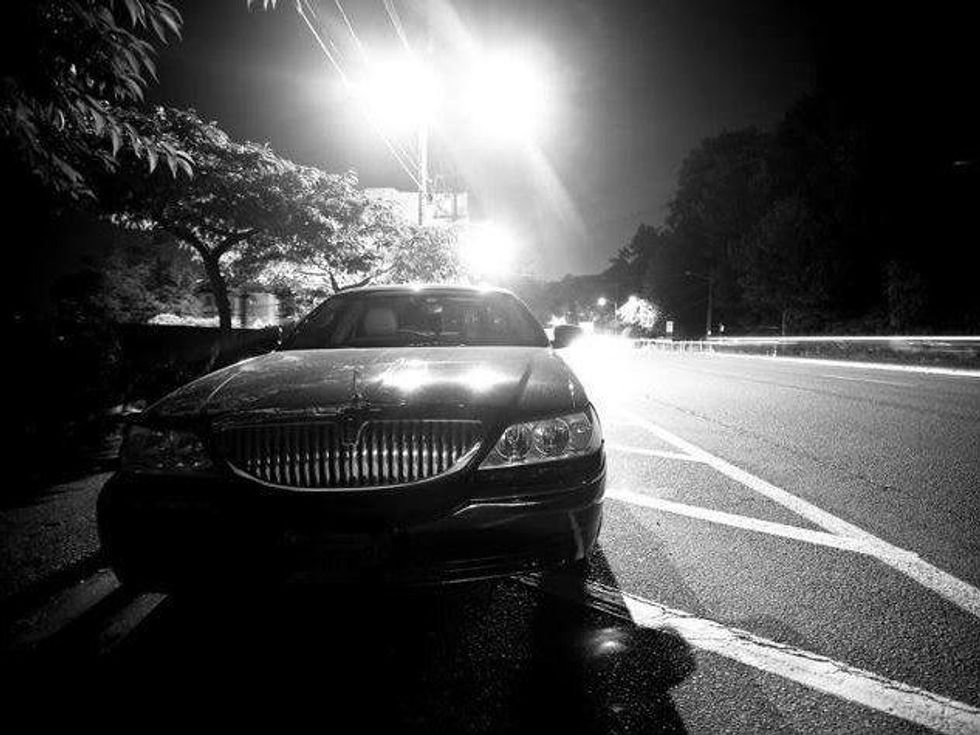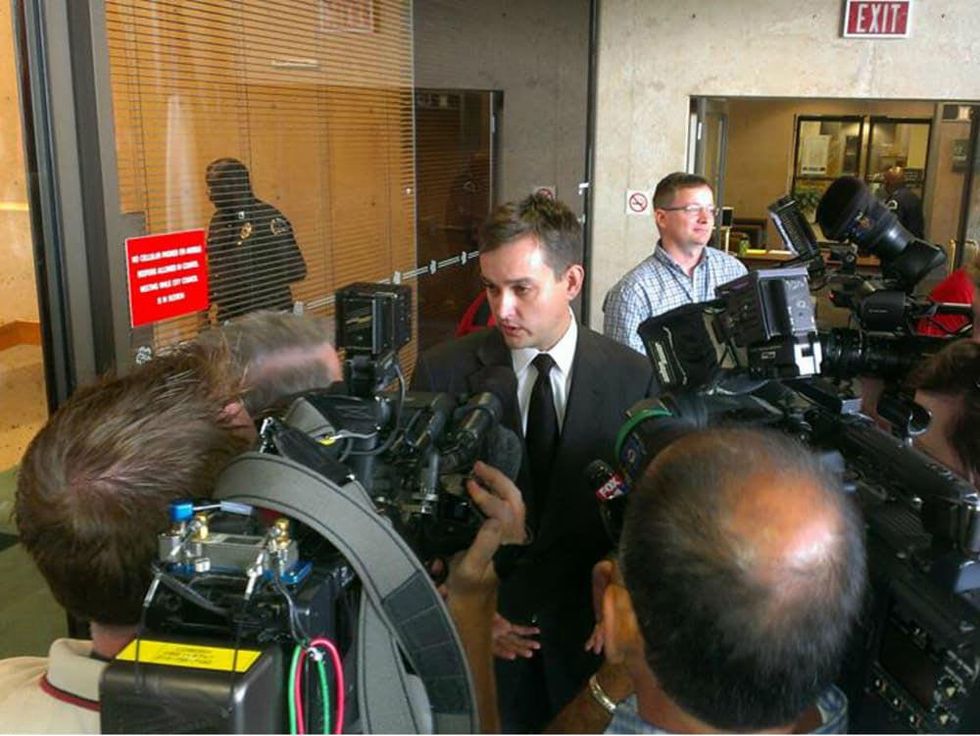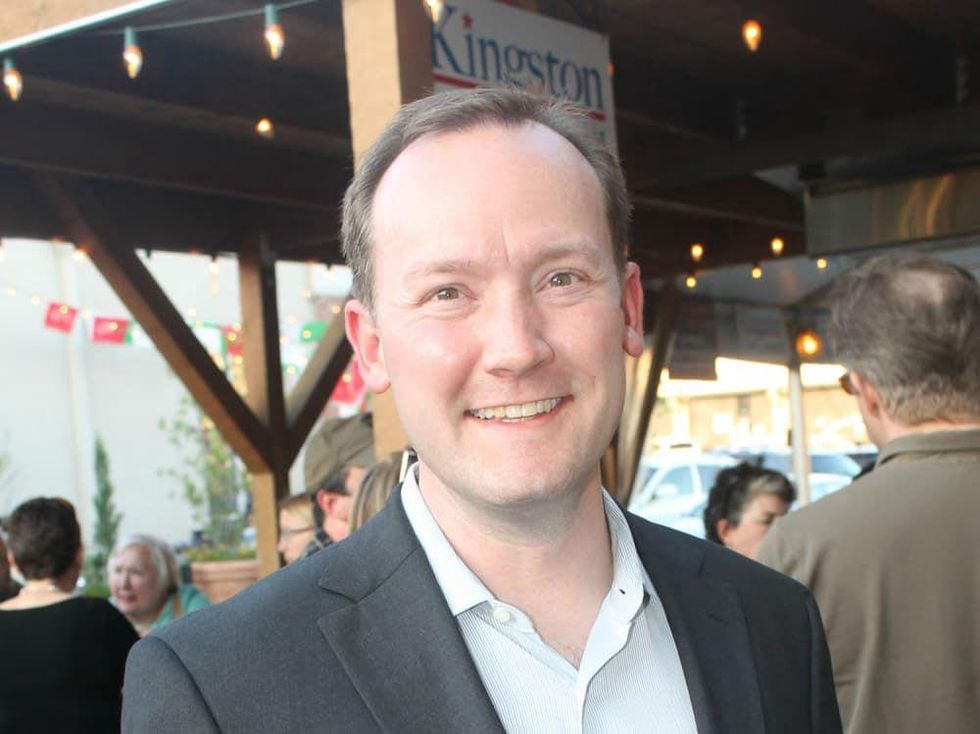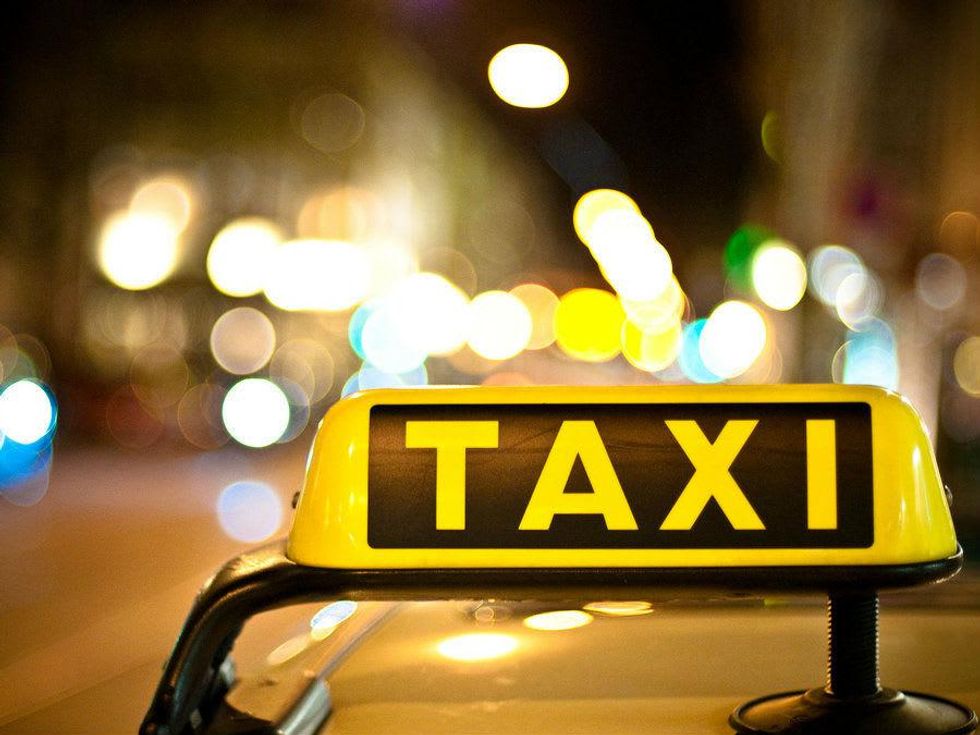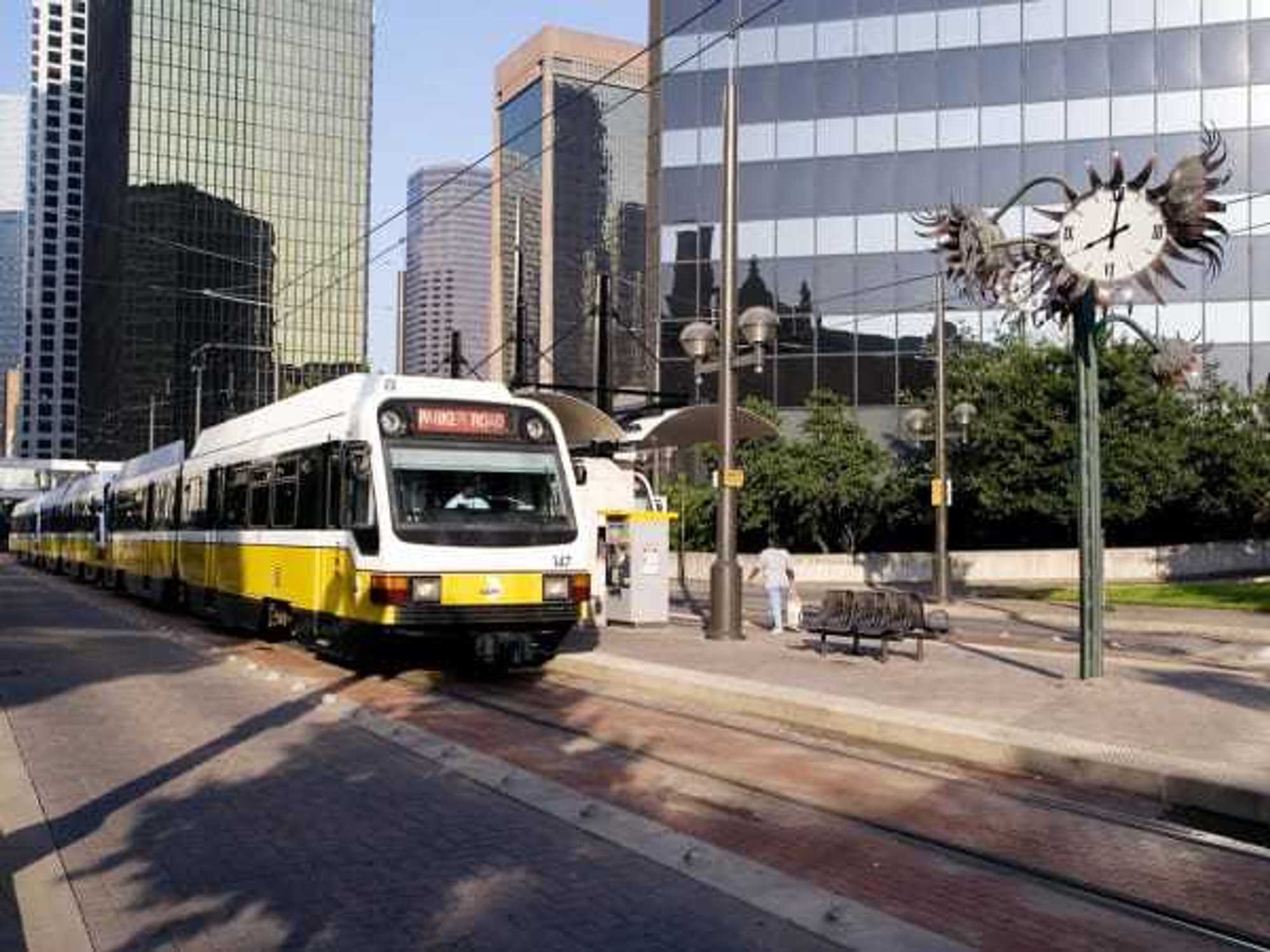Wheels-Off Controversy
City of Dallas tries to discuss Uber-taxi brouhaha behind closed doors
Adding a new layer of controversy to an already contentious topic, Dallas city officials are attempting to scuttle the results of an investigation of the Uber cab situation behind closed doors.
Uber is the technology-based car service that came to Dallas last year. Threatened by its arrival, Yellow Cab took steps to curb its growth, including the hiring of political consultant Carol Reed.
Interim city manager A.C. Gonzalez tried to sneak the topic through the Dallas City Council, but council members Scott Griggs and Philip Kingston raised objections and got the item pushed back to the transportation committee in August.
At Kingston's urging, the City Council funded an independent investigation into how and why a Dallas police department sting operation was utilized to ticket Uber. Mayor Mike Rawlings oversaw the investigation and chose former Dallas district attorney Bill Hill, a politically entrenched figure who worked with Rawlings in the investigation of county commissioner John Wiley Price.
The council was scheduled to be briefed on that investigation at its October 23 meeting in full view of the public. But at Rawlings' request, city attorney Warren Ernst now recommends the council take the discussion behind closed doors.
Enter Griggs, with more questions, including an inquiry into the reasoning. In an October 21 memo, Ernst cites a personnel exemption to the Texas Open Meetings Act, saying, "Discussing this matter in executive session is proper because it will entail receiving legal advice from the city's attorney and involve deliberations about individual officers or employees."
Section 551.071 of the Texas Government Code allows the City Council to meet in executive session when legal advice received from its attorney in open session would violate the confidentiality of attorney-client privilege. Mr. Hill will give the City Council confidential legal advice when he reveals the results of his investigation.
It's a connection that's tenuous at best, as no specific city employee appears to be in question. What is under scrutiny is the city's relationship with Yellow Cab and how it may have impacted the decision to use police manpower to crackdown on Uber's business model.
In a last-ditch effort to cover himself, Gonzalez sent a memo to Rawlings apologizing for his role in the Uber situation.
"I regret the approach I took as I tried to address the situation expeditiously," he wrote in an October 21 memo. "I regret not bringing the issue before the council earlier in the process and getting your input. I recognize I have made a mistake, and I have learned valuable lessons."
The City Council can still take a vote to discuss the topic in an open session.
